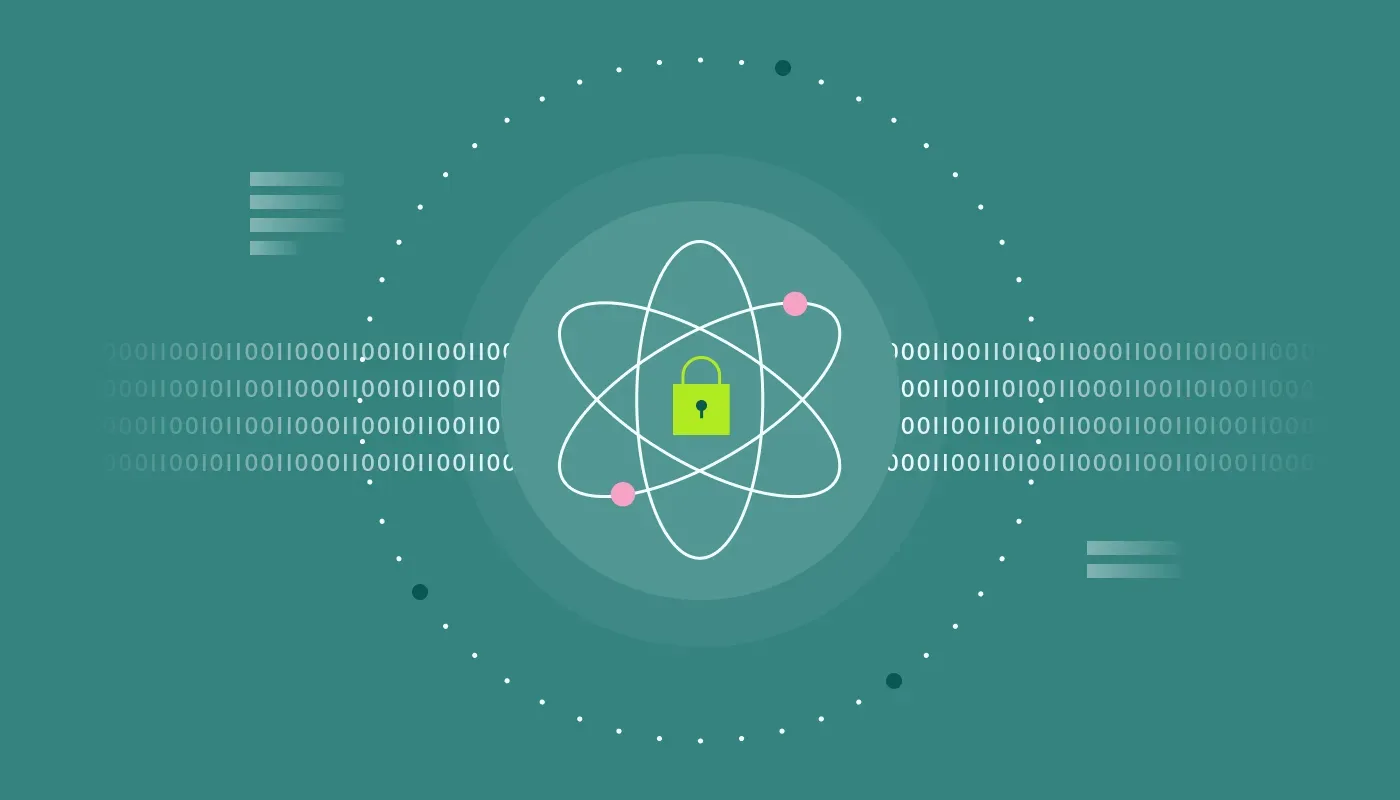Mergers and acquisitions (M&A) are emerging as a critical strategic tool for companies seeking to accelerate their entry into, or expand their capabilities within, the highly specialized and strategically vital Quantum Cryptography market. In a field where deep scientific expertise and proprietary technology are the primary competitive advantages, M&A serves as a powerful mechanism for larger corporations to acquire these scarce assets more rapidly than through organic, in-house development. An analysis of Quantum Cryptography Market Mergers & Acquisitions reveals that, while the volume of deals is still modest compared to more mature tech sectors, the strategic importance of each transaction is incredibly high. These deals are not typically aimed at simple market share roll-ups; instead, they are highly targeted maneuvers designed to acquire foundational intellectual property, world-class research teams, or a proven product that can be integrated into a larger security portfolio, thereby shaping the future competitive landscape of quantum-safe communications.
The strategic rationale behind the M&A activity in this sector is clear and consistent. The most significant driver is the "acqui-hire"—the acquisition of a company primarily for its team of highly specialized quantum physicists, cryptographers, and engineers. In a market where there is an extreme global shortage of talent with the requisite skills, buying an existing team is often the only viable way for a large corporation to jumpstart its quantum security program. A second major driver is the acquisition of key intellectual property. Quantum cryptography startups often spend years, and millions in venture funding, developing a portfolio of patents around specific aspects of QKD hardware or quantum-resistant algorithms. For a large defense contractor or telecommunications company, acquiring such a patent portfolio can provide a significant competitive moat and freedom to operate. A third motivation is to acquire a commercially ready product and its initial customer base. This allows the acquirer to bypass the long and arduous product development and market validation cycle, providing an immediate entry point into the market that can be scaled using the acquirer's larger sales and marketing engine.
The cumulative impact of M&A activity, even in its early stages, is a powerful force for market consolidation and validation. Each acquisition of a quantum startup by a major corporation sends a strong signal to the market about the technology's growing commercial viability, which in turn can stimulate further investment and R&D across the industry. For the acquiring companies, these deals offer a rapid path to gaining credibility and capabilities in a field that is notoriously difficult to enter. However, they also come with significant integration challenges, as the academic, research-intensive culture of a quantum startup can be difficult to merge with the more structured environment of a large corporation. The Quantum Cryptography Market is Expected to Reach USD 314.46 Billion By 2035, Growing at a CAGR of 35.43% During 2025 - 2035. For the broader startup ecosystem, the prospect of a lucrative acquisition by a strategic buyer serves as a primary exit strategy and a powerful incentive for entrepreneurs and venture capitalists to continue investing in high-risk, high-reward quantum technologies, thus fueling the industry's innovation pipeline.
Top Trending Reports -

